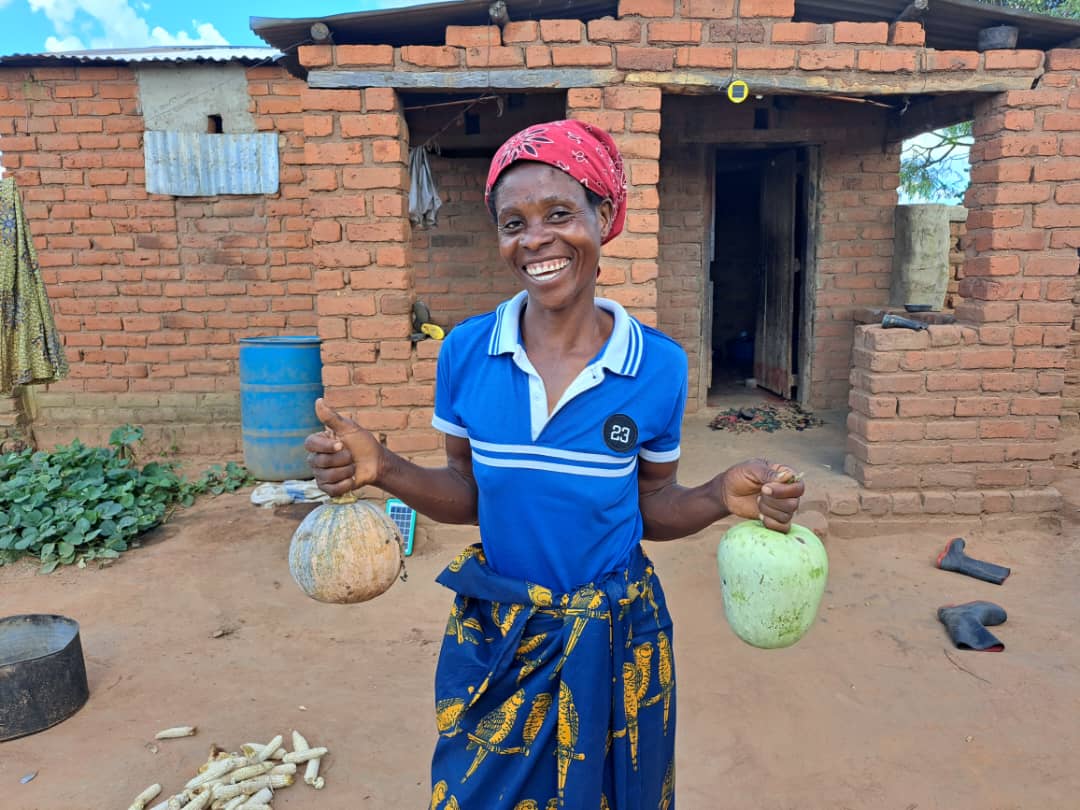Reported by: The Agency Media.
Date: 8th April, 2025.
Mphuzuzu Village, Eastern Province, Zambia.
In rural Eastern Province, Zambia’s flagship Social Cash Transfer (SCT) programme is making tangible strides in transforming lives and fostering resilience among vulnerable communities, offering not just relief but a pathway to sustainable livelihoods.
Winfridah Tembo, a 44-year-old widow and mother of five from Mphuzuzu Village, is one of many beneficiaries who have turned government support into opportunity. Speaking during a field visit under the Government of the Republic of Zambia–United Nations Joint Programme on Social Protection (GRZ-UNJPSP), Ms. Tembo shared how the SCT initiative has been pivotal in stabilising her household.
“Despite losing my husband, I have been able to stand strong for my family,” she remarked. “The support has enabled me to feed my children, keep them in school, and start small businesses like gardening and selling produce.”
Ms. Tembo’s story reflects the broader success of Zambia’s social protection efforts, which aim to cushion the country’s most vulnerable populations from socio-economic shocks. In particular, she praised the Emergency Cash Transfer (ECT), a complementary measure introduced to help household weather crises such as droughts and pandemics. With the additional ECT support, Ms. Tembo expanded her farming activities and diversified her income streams, enhancing her family’s stability.
Her testimony underscores the Ministry of Community Development and Social Services’ ongoing commitment to empowering marginalized groups, especially female-headed households, to move beyond survival and towards economic independence.
As Zambia continues to scale up its social safety nets, programmes like SCT and ECT are proving critical in breaking the cycle of poverty and fostering self-reliance among citizens. Ms. Tembo’s journey serves as a powerful reminder of the transformative impact that well-targeted social interventions can have, turning vulnerability into opportunity.
The Agency.

